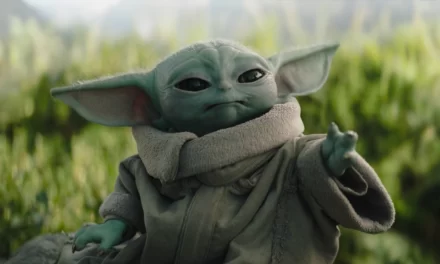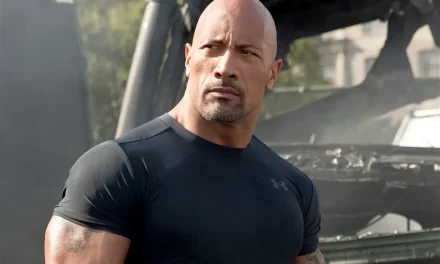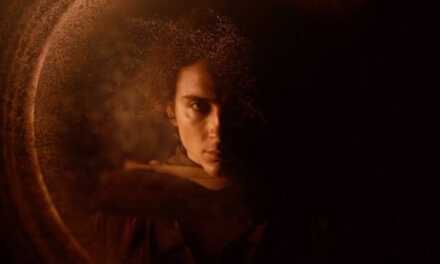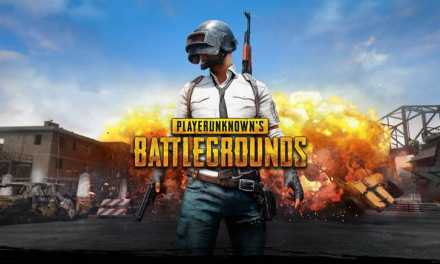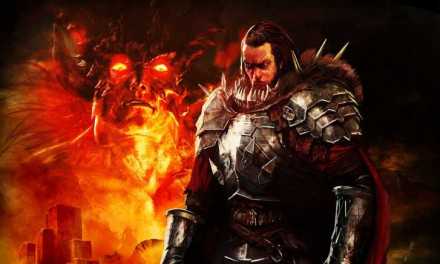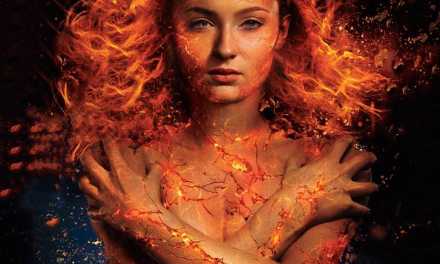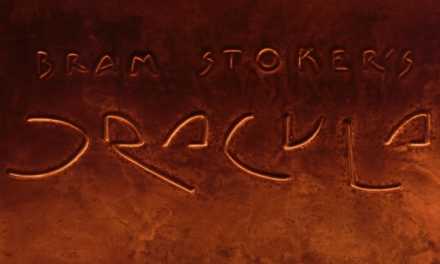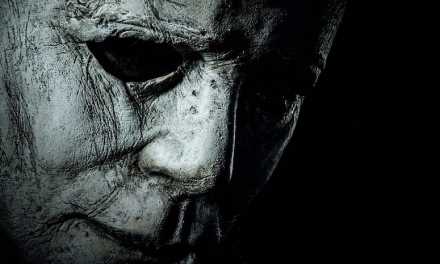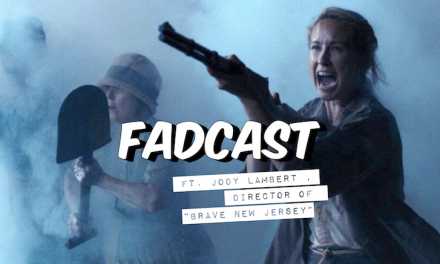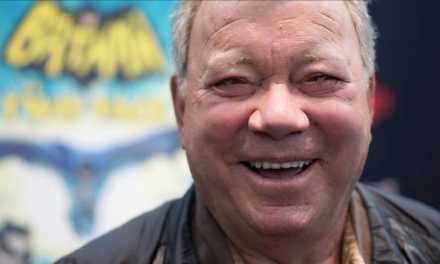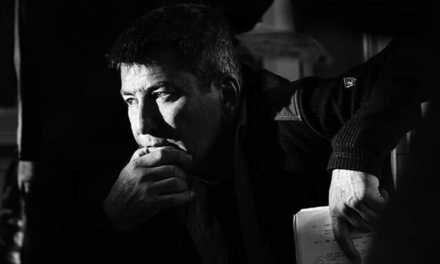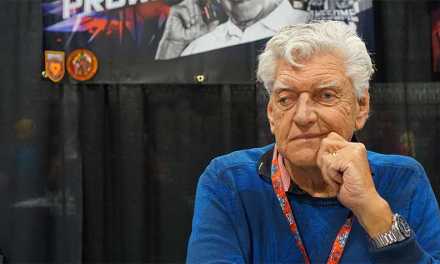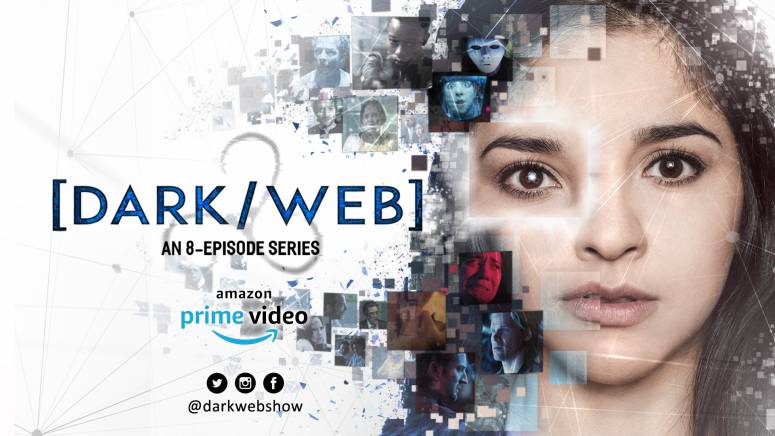
Exclusive: ‘Kingsglaive: Final Fantasy XV’ Filmmakers Discuss Interactive Innovation
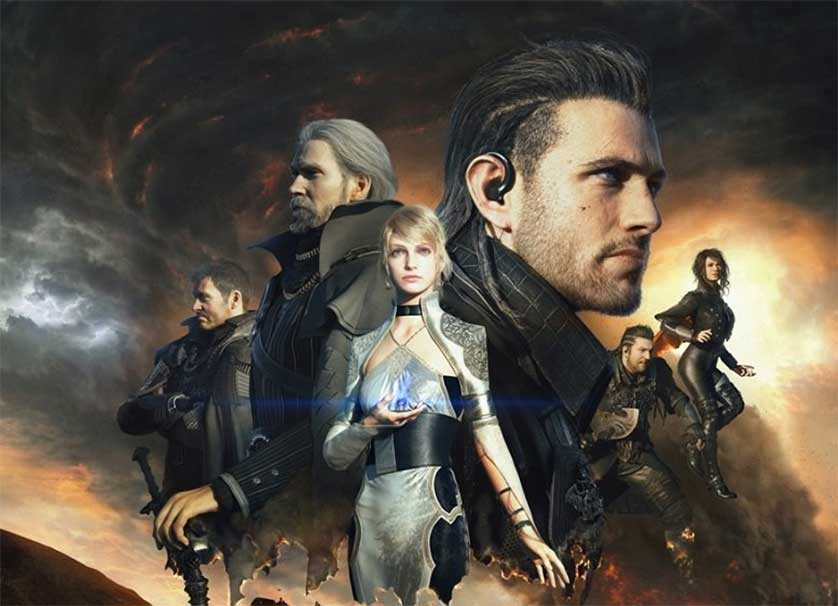
Writer/Director Takeshi Nozue and Localization Director Dan Inoue discuss the making of “Kingsglaive: Final Fantasy XV.”
The “Final Fantasy” video game series has been a triumphant success in the realm of video games. While the gameplay is important to its appeal, many fans flock to the series due to its truly immersive story. This type of storytelling has led to multiple feature films based on the popular game and we got to speak with the people behind the latest film, “Kingsglaive: Final Fantasy XV.”
The writer and director of the film Takeshi Nozue provided us with intricate details about the origin of the film while the localization director Dan Inoue translated and gave his take on the western civilization influence.
“Kingsglaive” is a bit different in comparison to other “Final Fantasy” films. It’s the first film related to a game that will release before the game itself. I wanted to know how well this film supplemented the actual game.
Takeshi Nozue & Dan Inoue
“The film is taking place in the background of the first chapter of the game. It’s what’s happening in the country that the prince is from. So the game follows the story of Prince Noctis and the film shows what’s going on in the crown city while he’s away and the story of his father King Regis. And that’s how the [game and film] tell a story in tandem.”
Furthering my first question, I was curious specifically how one’s experience would change when playing the game having seen or not seen “Kingsglaive.”
Takeshi Nozue & Dan Inoue
“People who have seen the film, they may have a deeper appreciation for the burden that Noctis is bearing. Kind of a deeper insight to the emotional connections that he’s experiencing in the game. There are details in the film that will open up that kind of appreciation for [the game].”
Polling our “Fad Fans” out there and other writers, we asked them to participate in this interview as well. One of the questions they had regarded the directorial strategies Takeshi Nozue implemented to maintain an enriching experience in the realm of character development. With the film being entirely CGI based, this person wanted to know if character development was affected without having live action actors.
Takeshi Nozue & Dan Inoue
“Probably one of the key focal points with this film was how well they were able to portray emotions in the faces of the characters. So those expressions really go a long way in terms of storytelling in delivering the kind of performance you’re accustomed to seeing from traditional actors. We were extremely lucky to have partners all along the way who are extremely talented and extremely motivated to make this film what it’s become.”
Another fan wanted to know why the voice actors in the game differed from the voice actors on screen.
Takeshi Nozue & Dan Inoue
“So one of the ideas was making it work in the medium in which you see it (game versus movie). You’ll see visually also that Luna appears more realistic in the film than she does in the game. And that’s very much intentional. The voicing was similarly the best match to the medium to portray that character. We sort of think of the film is kind of a live action version of the game because it’s closer to reality. So having the voices be particular to the film also brings that across…that it’s this special iteration of the character in this medium.”
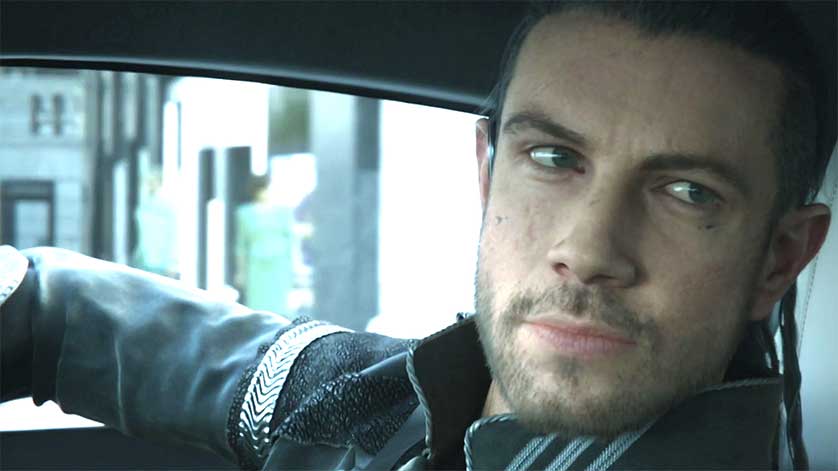
“Probably one of the key focal points with this film was how well they were able to portray emotions in the faces of the characters. “
With multiple actors being known for “Game of Thrones” and Aaron Paul being known for “Breaking Bad,” I wanted to know if their performances in their respective shows influenced the casting decision to bring them into this film.
Takeshi Nozue & Dan Inoue
“Definitely their performances in the roles, in the series that you mentioned, definitely showed us parts of our characters, a lot of the characters that we wanted to see. So we felt they were each fit for the role based on their previous work. And they are all amazing performers. It was an easy decision once we had the opportunity to use them. “
Traditionally “Final Fantasy” was stemmed in a Japanese style dialogue that was then translated into English. Our fans were curious if this film also had its roots in Japanese dialogue and questioned whether or not that would affect the fluidity of the conversations for American audiences.
Dan Inoue
“For the film, from the beginning, the western audience was in mind and [they] put together a plot with a Japanese screenwriter and they consulted our writing team early on. By being hands on, English was kind of the lead language for the script and our motion capture actors were English speakers and we also had script doctors and things like that. So from the beginning there was always the intent to make this work in the west. It’s a different process than your regular game localization and it allowed us to really stretch our wings out and make it as natural as possible. “
Finally I was curious about the film, the game, and the dependency upon one another. Can viewers and players receive full closure without playing the game or without watching the film? Can the game or the film stand on their own without the support of the other?
Takeshi Nozue & Dan Inoue
“In terms of the ultimate timeline, the game stretches on longer and comes to a more final end and the movie’s ending comes within the timeline of the game. But in terms of story, the game is complete closure.”
Takeshi and Dan were both very enlightening individuals to speak with. The film itself is a masterpiece in terms of visual CGI and for fans of the game itself, “Kingsglaive” may offer a fulfilling, supplemental experience when picking up “Final Fantasy XV” the game.
Stay updated on the film for its digital release today (August 30, 2016) and its Blu-ray and DVD release on October 4, 2016.
https://www.facebook.com/FinalFantasyMovies/
https://twitter.com/kingsglaiveffxv

